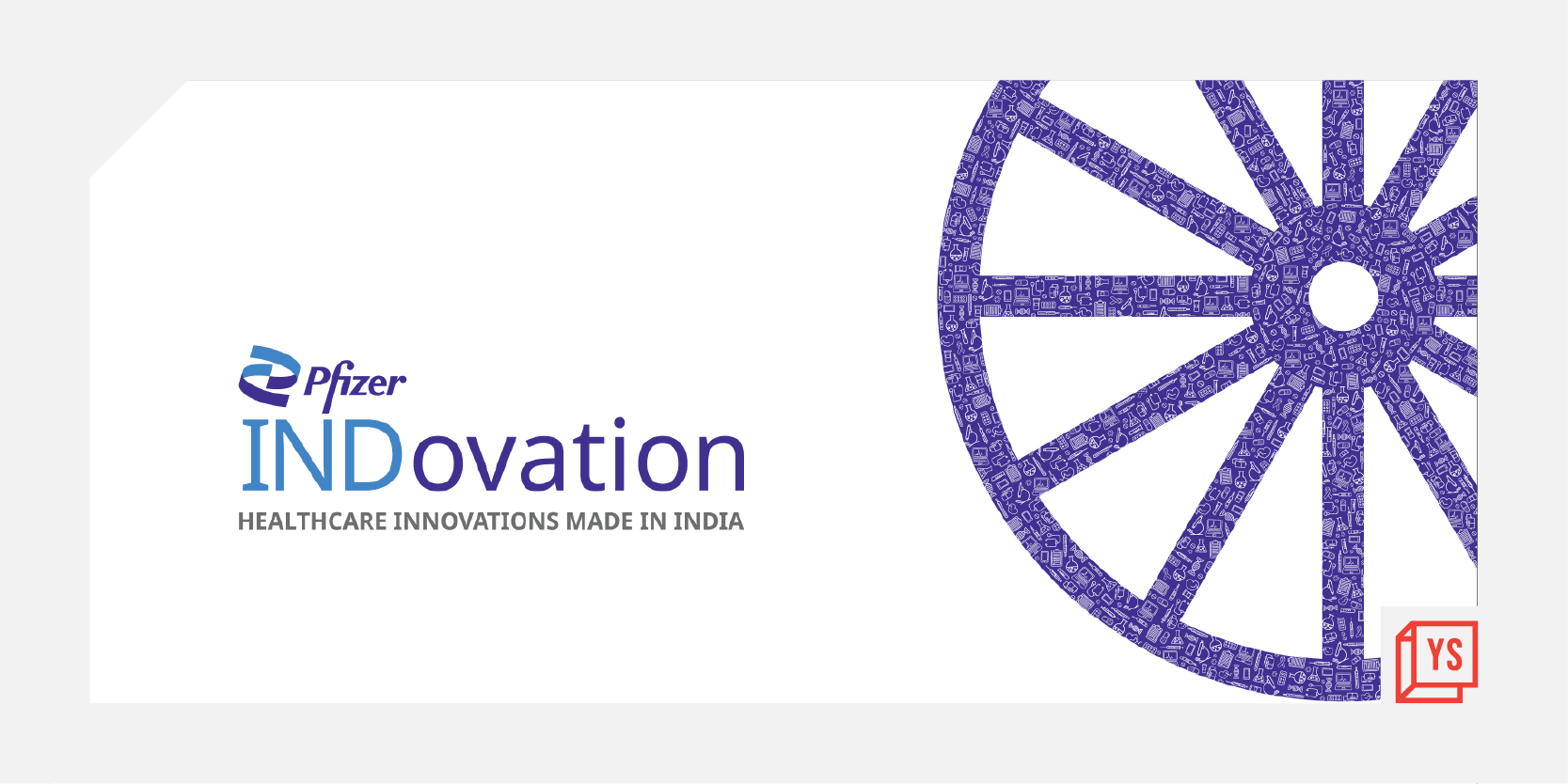
Fundamentally, there are only two ways to increase economic outputs – increasing the number of inputs that go into the production process and inventing ways to increase output with the same inputs. The latter is catalysed by innovation. While it can affect production directly, innovation is essential to fuel economic growth by influencing macroeconomic factors through expansion of markets, creation of new delivery models as well as policy interventions.
Some examples of innovation driving economic growth in recent years include internet penetration being at an all-time high, increased agricultural productivity as well as accelerated healthcare solutions in the face of the pandemic.
As far as the healthcare scenario in India is concerned, it is not a matter of debate that India’s healthcare facilities and care providers are not adequate. While the government has recently increased the budgeted expenditure for healthcare from 1.2 percent to 2.5 percent of the GDP, this alone will not solve the problem. Challenges such as inadequate number of care professionals, high out-of-pocket expenditure, and lack of awareness plague the country despite multiple efforts taken by the government as well as the medical fraternity. It will take years to train the required number of doctors or add diagnostic centres, primary care clinics, hospitals as well as pharmacies. That is why nurturing innovation is our next best bet.
How startups are driving health innovation
Startups in India have been at the forefront of bringing innovation to healthcare. They not only increase the capacity of healthcare providers and suppliers but also empower patients to understand and track their treatment pathways. As a result, these startups have become integral to the healthcare system. In 2018, the investment in Indian healthtech amounted to a striking $571 million, according to Traxcn data. Further, there are about 3,225 healthtech startups in India, according to Invest India.
However, to ensure that these startups evolve into successful businesses and can scale in various geographies, it is essential that they find an enabling ecosystem to help them accelerate their lab-to-market journey. Support for clinical trials and validation, regulatory approvals, and defining the right go-to-market strategy can greatly improve the chances of success for healthtech startups. The support needs to come in, In such a way, that they can also hope to integrate within the existing healthcare systems and be adopted by the relevant professionals in a seamless manner.
To support this journey, global pharmaceutical giant Pfizer India, and Social Alpha – a multistage innovation, curation and venture development platform for science and technology startups – have joined hands to anchor the Pfizer INDovation Program to help accelerate the journey of six startups into the market through customised support and by fostering relevant cross-industry collaborations. The intent is to bring a bouquet of opportunities to startups from esteemed professionals across specialties in the healthcare industry and help them cross every obstacle that they might face in their lab-to-market journey.
What is Pfizer INDovation?
The Pfizer INDovation Program brings together various stakeholders such as the Atal Innovation Mission, NITI Aayog, Foundation for Innovation and Technology Transfer (FITT), IIT-Delhi, Agnii, amongst others on the same platform to equip India’s healthcare systems for a post COVID-19 world. The two-year initiative will guide high-quality startups, having at least a tested prototype, and accelerate their journey through product engineering and development services, clinical validation support, regulatory advisory, and market access opportunities through grant support and catalytic cross-industrial collaborations. The program is designed to have two tracks – one focused on Digital Health to enable and improve access, affordability, and workforce efficiency, while increasing patient engagement and adherence and another on Oncology to cater to the increasing number of patients being diagnosed with cancer.
Digital Health is projected to profoundly affect the various phases of healthcare delivery, including health promotion, prevention, primary care, and specialised care. This track of the program will focus on nurturing startups building solutions to enable and improve access to quality and care delivery, along with workforce efficiency. This includes startups focused on digital OPDs, smart supply chains, digital clinical trials, AL/ML solutions, amongst others.
The need for timely cancer diagnoses and treatment has been at an all time high and it is observed that up to 87 percent of patients seek medical attention at advanced stages of the disease. The Oncology track of the program will build the capacity of startups working on preventing missed diagnosis of cancer, creating solutions for coordinated cancer management, and building solutions for smart oncology practice.
The program will provide startups access to grant funding, incubation support, marketing and branding support, business advisory support as well provide opportunities to raise follow-on funding. If you are a startup with innovative digital health or oncology solutions at TRL 4+ stage and have the ability to scale sustainably, do apply to the Pfizer INDovation Program.


